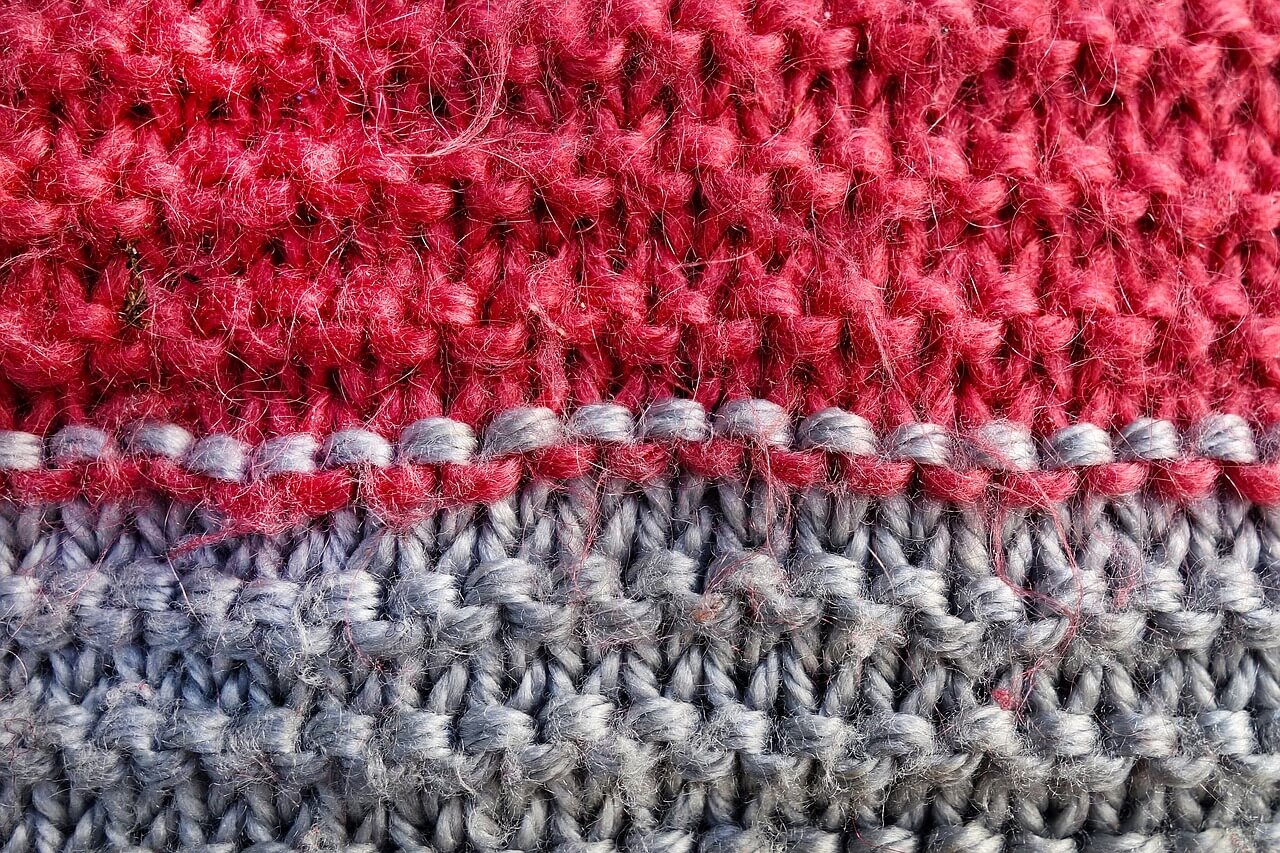
Tips for the practice of reciprocity and the creation of an authentic community
The secret to articulating a better world may lie in the cultivation of reciprocity.

The time has come to cultivate reciprocity. It may be the key to establishing better relationships and more authentic communities. But the concept needs to be reviewed, understood, and embodied, before it can really be transformed into an everyday attitude.
There’s a widespread notion that reciprocity is, in the words of the Royal Academy of Spain, “a mutual correspondence between one person or thing and another.” The definition seems to imply that, in a relationship between people or things, both sides are on an equal footing in such a way that what one gives should be returned in the exact same measure. Yet we all know that relationships are considerably more complicated.
While reciprocity is a measure of the balance of energy between the people making up a relationship, there’s always a tension. The conditions of human connection are constantly changing, and the balance is never perfect.
Taken to its extreme, reciprocity could imply that every action needs to correspond to a reaction of the exact same magnitude, but in the opposite direction: “an eye for an eye, and a tooth for a tooth.” But we can use reciprocity as a strategy for transfiguring the negative aspects of any relationship.
We might imagine that our actions are like waves that collide against the beach: endless, hopelessly violent, because they change the state of things with their energy. They impact at the front, and also at the base. Thus, while we can’t avoid affecting those around us, we can be sure that the effects we cause are made carefully, that impacts are comforting for others and for ourselves. In the end all, beach, and all waves, affect us and others simultaneously.
Starting with this empathetic attitude, we can use reciprocity to practice gratitude and as a sign of trust. We don’t need to demand a perfect balance. But we can aim to build it through our own actions. We can cultivate it to prolong the lives of our relationships: if we offer well-being to those who seek it from us, we’re more likely to be able to stick together.
Reciprocity dwells even in the most subtle of actions. It’s also the basis for managing circular economies and solidarity. For example, in the more moderate use of natural resources. Or in the act of making someone feel welcome in our communities. Start practicing it in everyday life. Below are some tips for doing so.
- Be reciprocal with your own body and subjectivity. To live is to wear down the body. There’s no more reciprocal act than recharging it with energy. Surrender, take care, rest, understand, embrace yourself.
- Be reciprocal with nature. All the resources we use are ultimately extracted from our environments. Balance your relationship with the earth; consume moderately; look for strategies for reducing your carbon footprint and inorganic waste; compost; sow a garden or orchard; care for a tree or an urban garden; take care of animals.
- Take care of those who care for you. Those around you—especially your family members, housemates, friends, co-workers, couples—do a lot for you even if you don’t always notice. Treat the people around you with care and appreciation. Improves the spaces you share. Strive for clear communication. Respect silent spaces. Collaborate. Look for comfortable ways to show how you feel and show love to others.
- Be reciprocal with strangers, too. The world’s made up of millions of minds, looks, and works you don’t know. The people who grow what you eat; who collect and separate the garbage you produce; who make sure you get the products and services you need; sweeping the streets you walk. You have a function invisible to them. Be gentle with those around you. Take others into account.
- Teach reciprocity. Be generous and be reciprocal, but don’t expect reciprocity. Taking care of the environment won’t automatically fill your garden with fruits and vegetables. Being nice to your neighbors won’t resolve every conflict in your neighborhood. But being reciprocal and teaching others to be reciprocal is the best way to come closer to a state of balance. The experience produced by these words, with a little luck, will come back to you. Share your own new ways ahead.
